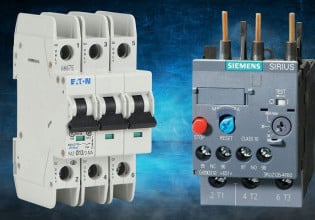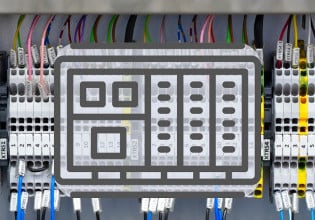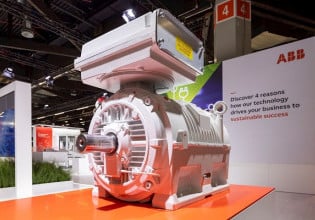K
I have a customer who tells me his field device communicates via serial comms using Modbus UDP.
The ports available to me to interface to this device support either Modbus RTU or Modbus ASCII.
So 2 Questions :-
1 What is Modbus UDP, if indeed it exists
2 Depending of 1 above is there a method of converting this data to RTU or ASCII
Thanks in advance
The ports available to me to interface to this device support either Modbus RTU or Modbus ASCII.
So 2 Questions :-
1 What is Modbus UDP, if indeed it exists
2 Depending of 1 above is there a method of converting this data to RTU or ASCII
Thanks in advance






